The Michael Shermer Show

hermer and Koch discuss: “subjective experience” • the author’s near-death experience changed him • the difficulties of materialism/physicalism • a fundamental theory of consciousness that explains subjective experiences in objective measures • designing a “consciousness detector” for unresponsive patients • why magic mushrooms and Ayahuasca are of so fascinating to neuroscientists • how our minds are shaped by our beliefs, prior experiences, and intentions • insights crucial to those suffering from anxiety, low self-esteem, post-traumatic stress, and depression. • the…
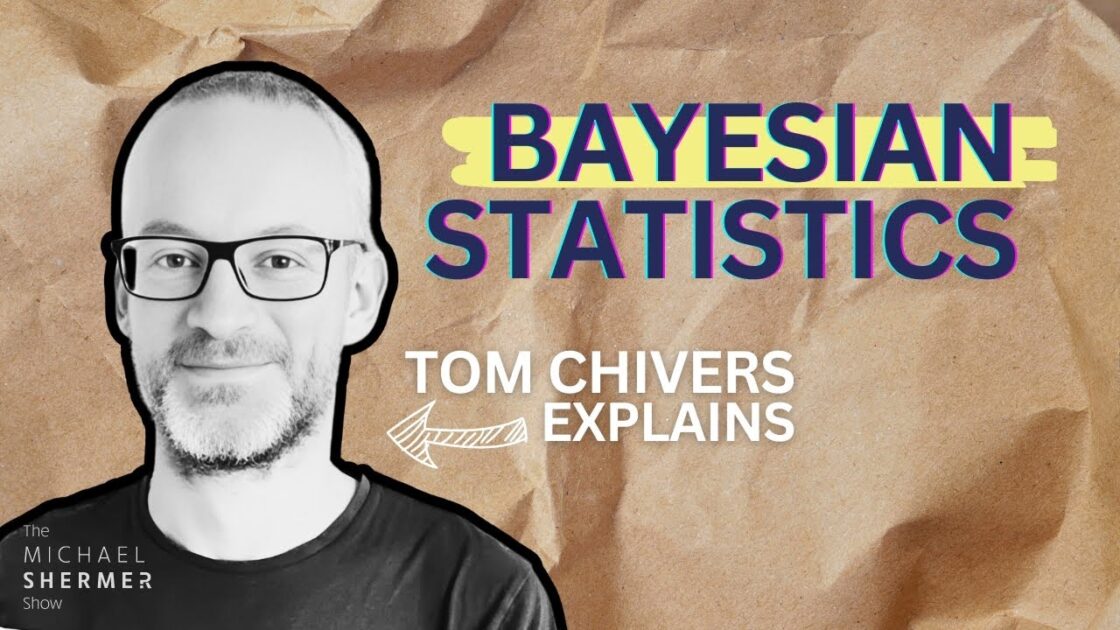
Shermer and Chivers discuss: Thomas Bayes, his equation, and the problem it solves • Bayesian decision theory vs. statistical decision theory • Popperian falsification vs. Bayesian estimation • Sagan’s ECREE principle • Bayesian epistemology and family resemblance • paradox of the heap • Reality as controlled hallucination • human irrationality • superforecasting • mystical experiences and religious truths • Replication Crisis in science • Statistical Detection Theory and Signal Detection Theory • Medical diagnosis problem and why most people get…
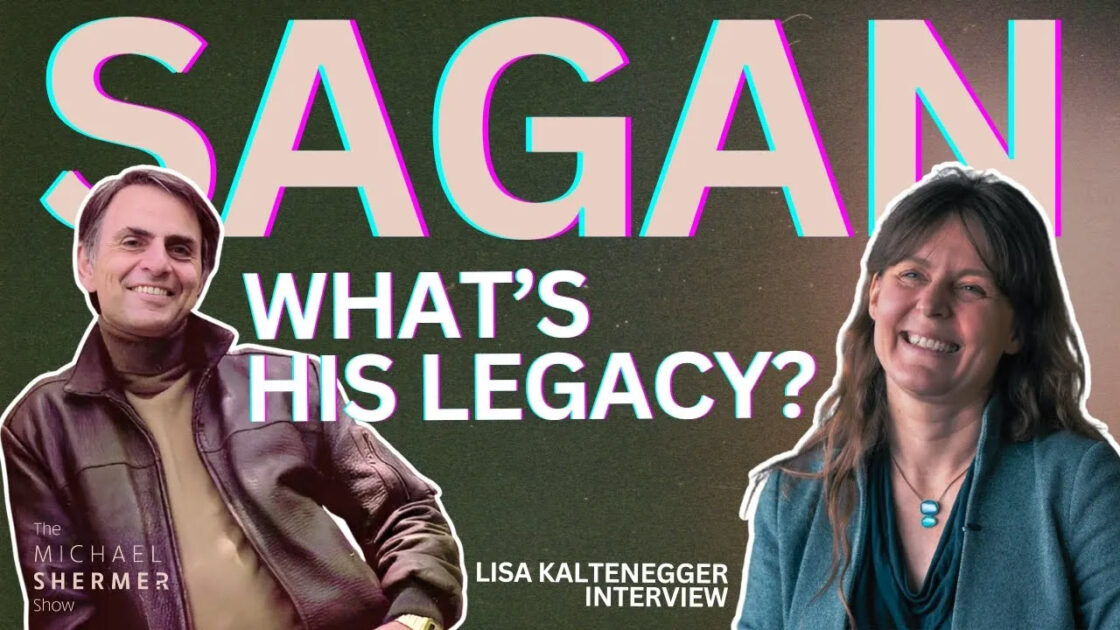
Shermer and Kaltenegger discuss: Carl Sagan and his influence • Sagan’s Dragon • ECREE Principle • how stars, planets and solar systems form • how exoplanets are discovered • Hubble Space Telescope, Kepler Space Telescope, James Webb Space Telescope • The Origin of Life • Fermi’s Paradox: where is everybody (the Great Silence, the Great Filter) • biosignatures • technosignatures • Dyson spheres • Will aliens be biological or AI? • interstellar travel • Kardashev scale of civilizations • how…
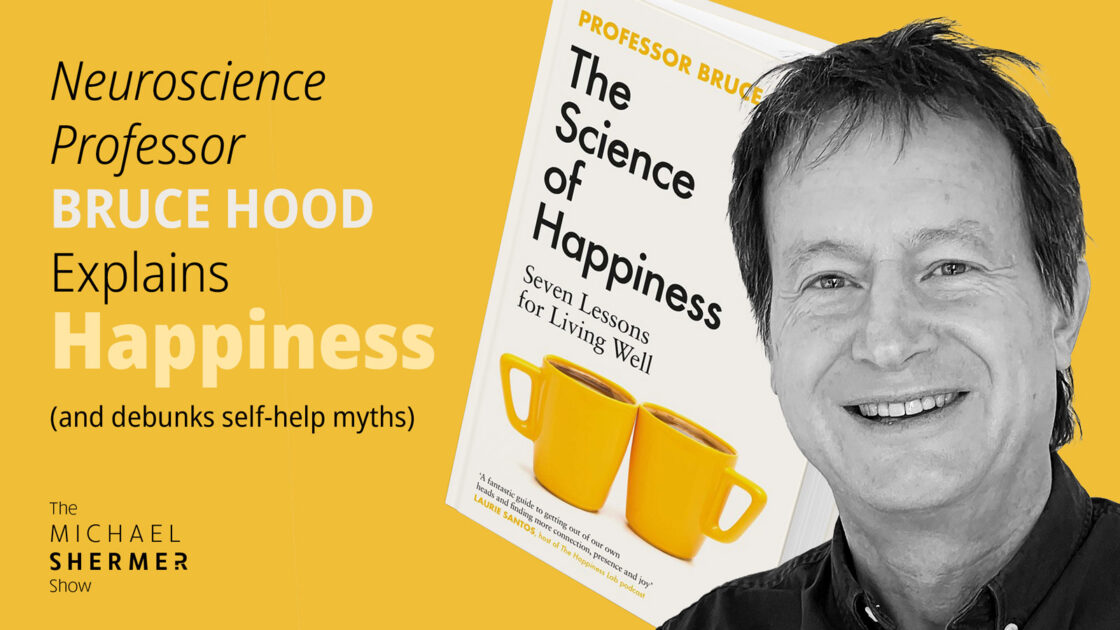
Shermer and Hood discuss: psychedelic drugs • defining the “good life” or “happiness” • measuring emotions • happiness as social contagion • eudaimonia (the pursuit of meaning) versus hedonism (the pursuit of pleasure) • genetics and heritability • cultural components • WEIRD people • The Big Five (OCEAN) • marriage and health • exercise and stress reduction • what the ancient Greeks got right about living the good life • how failure may actually be a key to more happiness…
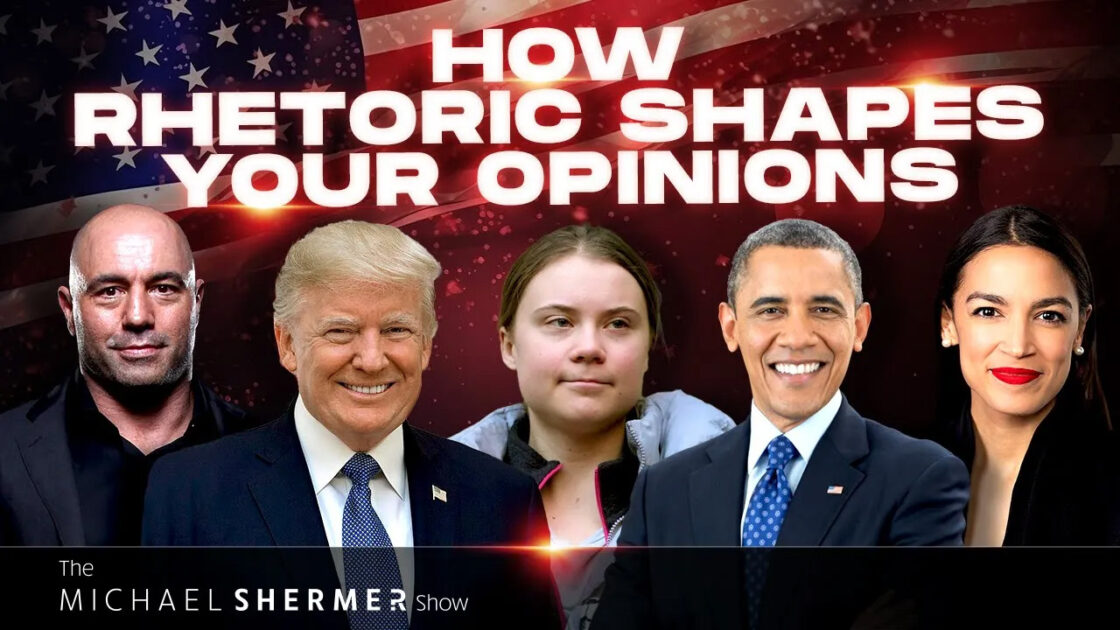
Reames and Shermer discuss: what rhetoric is • what reason is • how rhetoric changed Reames’ life • rhetoric vs. facts (rhetorical truths vs. empirical truths) • the point of reason (to understand reality or to persuade?) • Canons of rhetoric: invention, arrangement, style, memory, delivery • bullshitters vs. liars • induction and deduction • rhetorical, ideological, and metaphorical thinking • how to debate contentious issues • how to have impossible conversations • culture wars • conspiracy theories and why…
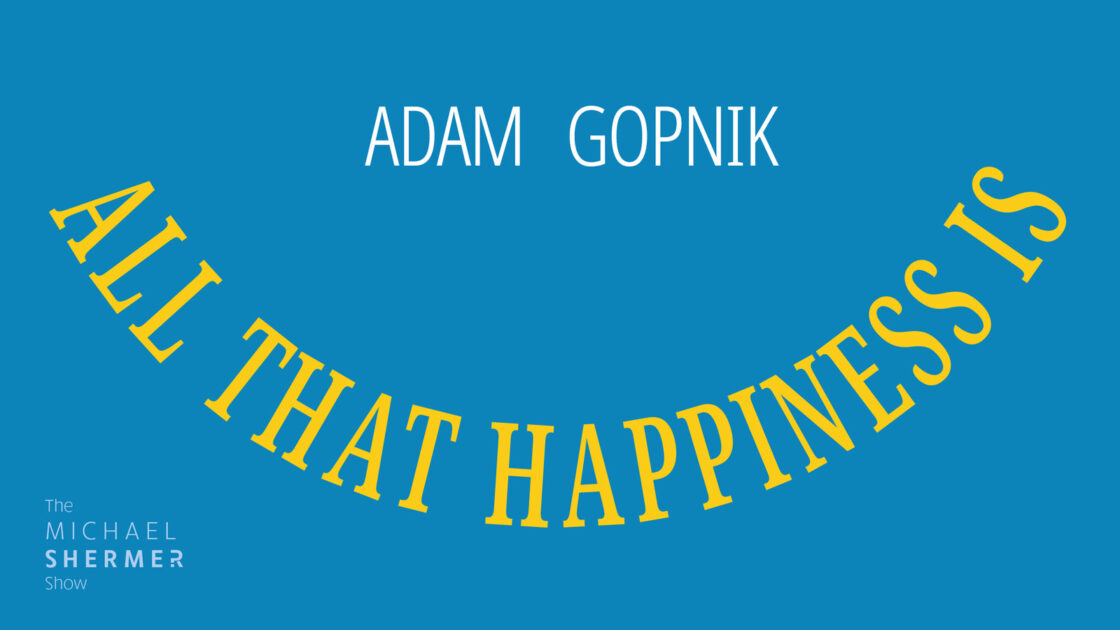
Our society is obsessed with achievement. Young people are pushed toward the next test or the “best” grammar school, high school, or college they can get into. Adults push themselves toward the highest-paying, most prestigious jobs, seeking promotions and public recognition. As Adam Gopnik points out, the result is not so much a rat race as a rat maze, with no way out. Except one: to choose accomplishment over achievement. Gopnik provides timeless wisdom against the grain.

Shermer and Jacobsen discuss: why we have a nuclear triad • competition among military forces • increasing budgets for more weapons • types and quantities of nuclear weapons • why humans engage in aggression, violence, and war • The Prisoner’s dilemma, Hobbesian trap, Security Dilemma, the “other guy” problem • Balance of Terror, Mutual Assured Destruction, Logic of Deterrence • close calls • surviving a nuclear explosion • what happens in a nuclear bomb explosion • consequences of a nuclear…
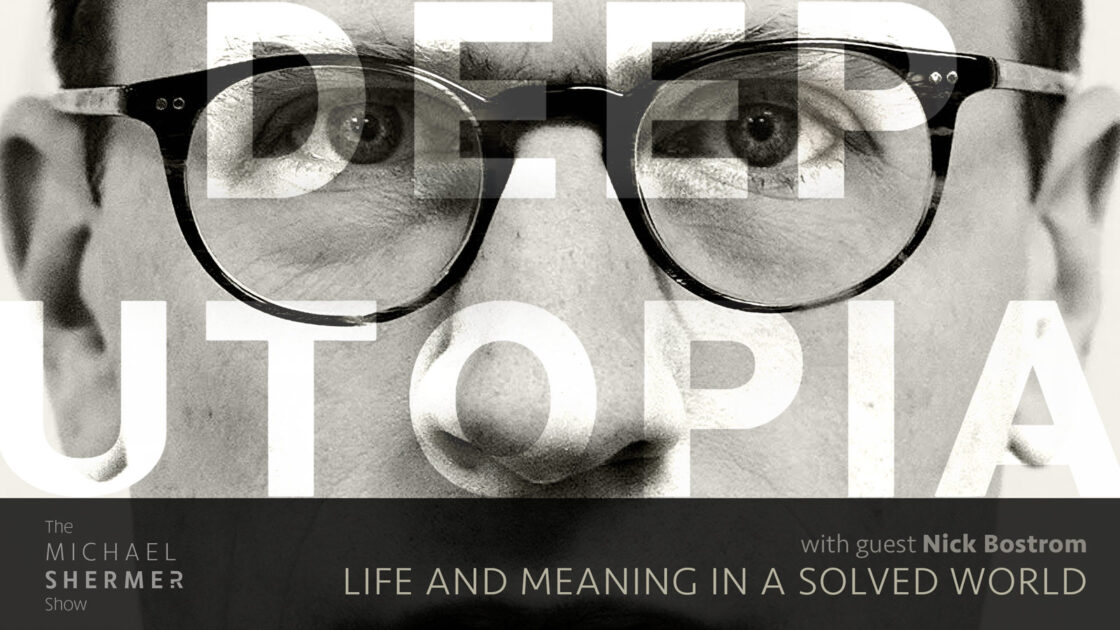
Bostrom and Shermer discuss: An AI Utopia and Protopia • Trekonomics, post-scarcity economics • the hedonic treadmill and positional wealth values • colonizing the galaxy • The Fermi paradox: Where is everyone? • mind uploading and immortality • Google’s Gemini AI debacle • LLMs, ChatGPT, and beyond • How would we know if an AI system was sentient?
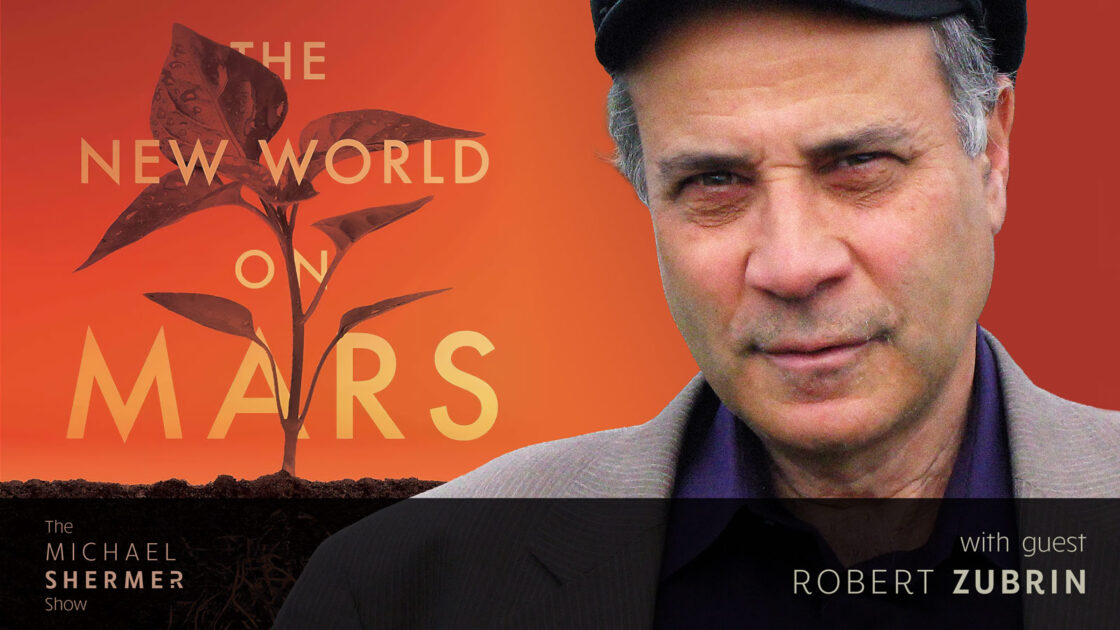
Shermer and Zubrin discuss: why not start with the moon? • what it is like on Mars • whether Mars was ever like Earth • how much it will cost to go to Mars • how to get people to Mars • resources on Mars • colonization of Mars • public vs. private enterprise for space exploration • economics, politics, and government on Mars • lessons from the Red Planet for the Blue Planet • liberty in space.
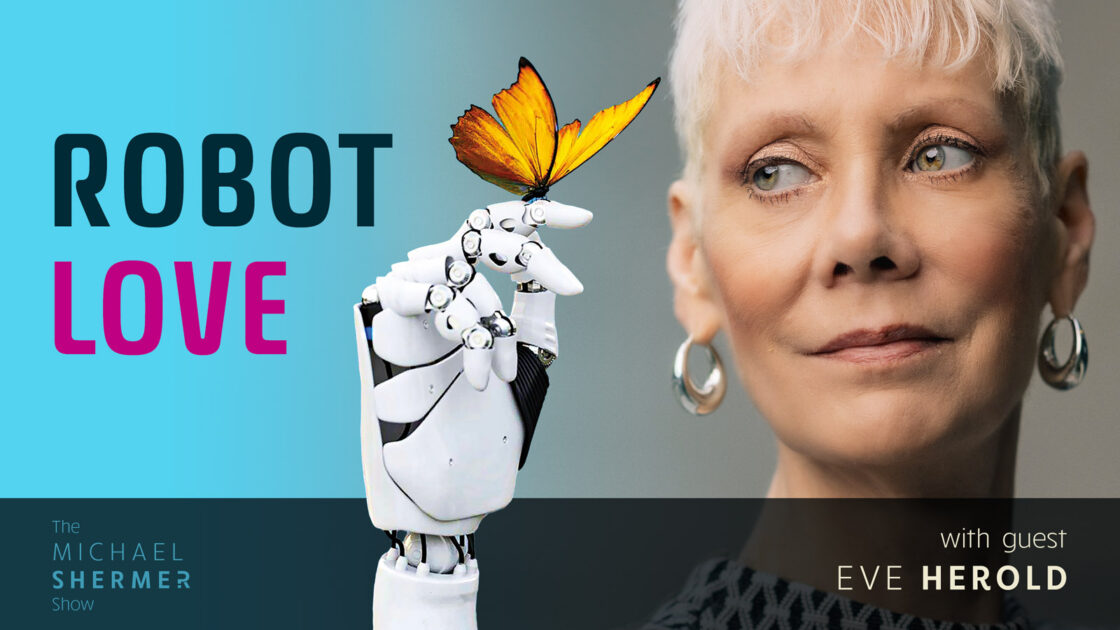
Shermer and Herold discuss: social robots, sex robots, robot nannies, robot therapists • flying cars, jetpacks and The Jetsons • Masahiro Mori • emotions, animism, mind • emotional intelligence • artificial intelligence • large language lodels • ChatGPT, GPT-4, GPT-5 and beyond • the alignment problem • robopocalypse • robo soldiers • robot sentience • autonomous vehicles • AI value systems, and their legal and ethical status.
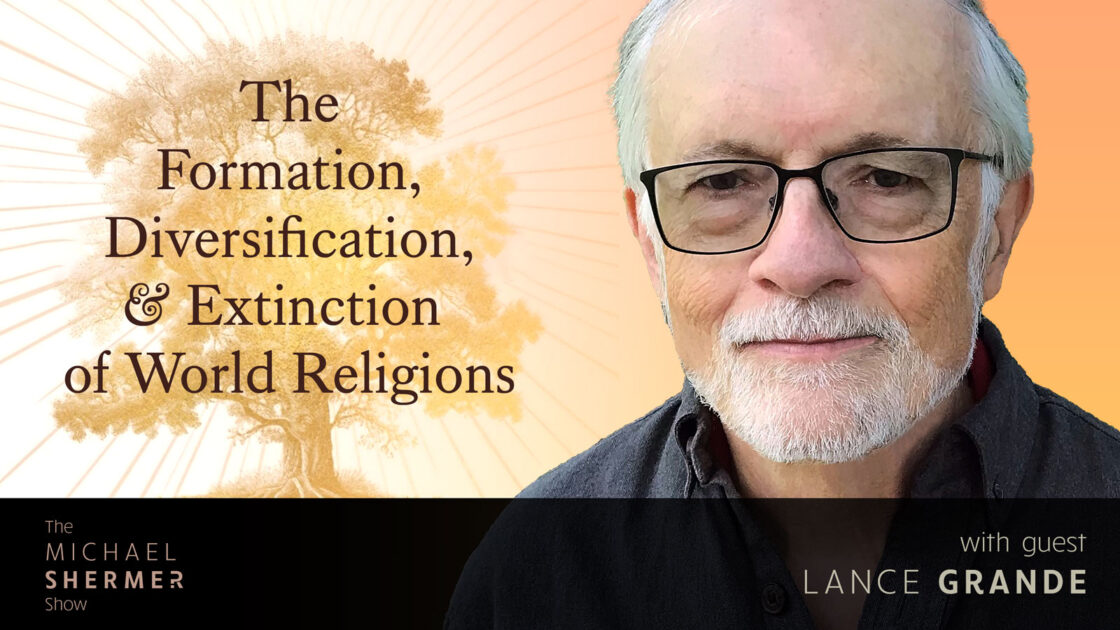
Lance Grande explores the diversity of religions using evolutionary systematics and philosophy. Grande examines the growth and interrelationships of hundreds of religions throughout history, tracing their formation, extinction, and diversification. Combining evolutionary theory with cultural records, he explores various world religions, including Asian cyclicism, polytheism, and monotheism, shedding new light on the development of organized religion.

Maggie Jackson — an award-winning author and journalist known for her pioneering writings on social trends, particularly technology’s impact on humanity — explores the importance of uncertainty and the benefits it can bring in an era of unpredictability.
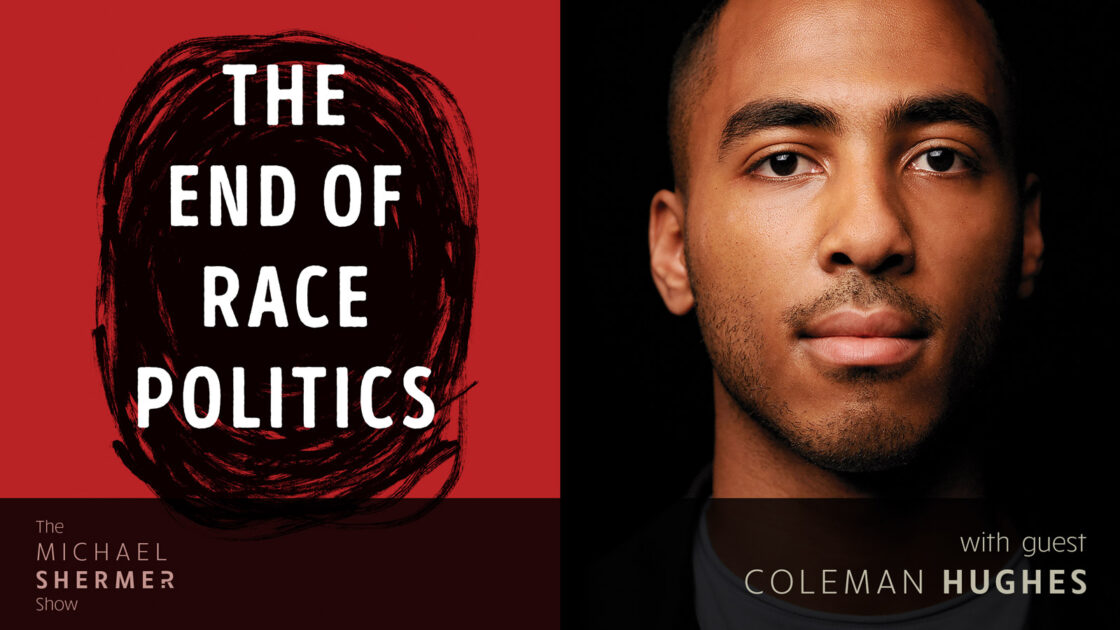
Shermer and Hughes discuss: why he is considered “black” if he is “half-black, half-Hispanic” • what it means to be “colorblind” • population genetics and race differences • Base Rate Neglect, Base Rate Taboos • institutionalized neoracism • viewpoint epistemology • affirmative action • gaps in income, wealth, home ownership, CEO representation, Congressional representation • myths of Black Weakness, No Progress, Undoing the Past • reparations • the future of colorblindness.
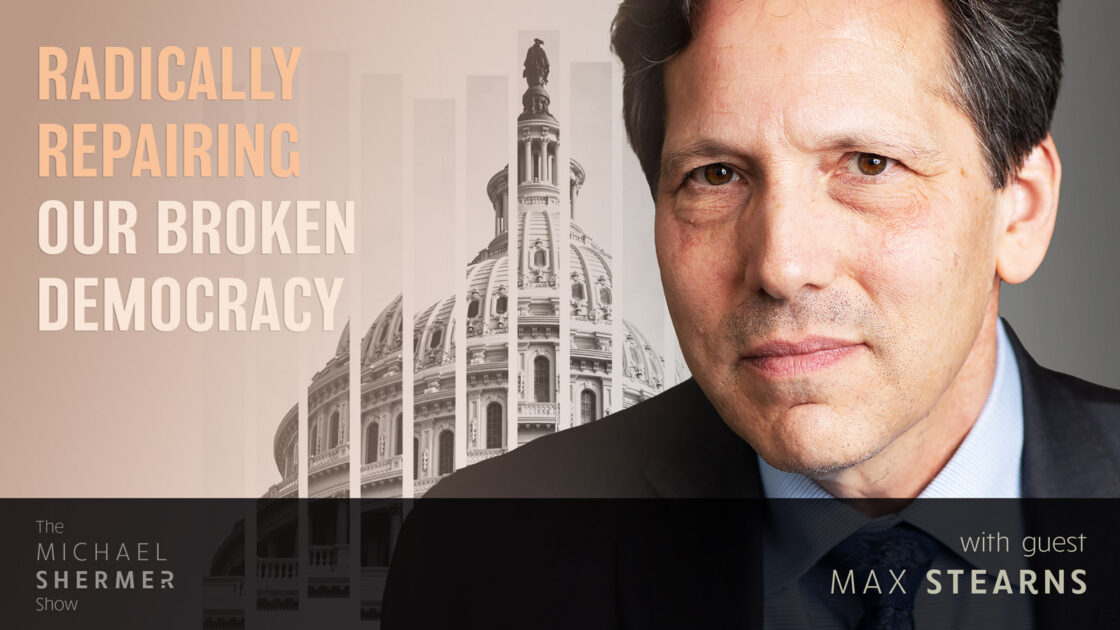
Law professor and author of dozens of articles and several books on the Constitution, Max Stearns examines the broken state of American democracy and the proposal to transform it into a parliamentary system to address the issues of polarization and dysfunction.

Shermer and Shrier discuss: Irreversible Damage redux: WPATH Files • what view this book for or against • what is the problem to be solved? • theories: coddling, social media, screen time, generations/life history theory • good and bad therapists and therapies • anxiety, depression, suicidal ideation, autism • ACE (Adverse Childhood Experience) • trauma, stress, PTSD • anti-fragility and resilience • Goodwill Hunting view of therapy • previous quack therapies and psychological pseudoscience that have plagued psychology and psychiatry.

Shermer and Stone discuss: what is unfinished in the history of the Shoah • Holocaust denial • psychology of fascist fascination and genocidal fantasy • alt-right • ideological roots of Nazism and German anti-Semitism • industrial genocide • magical thinking • Hitler’s willing executioners • the Holocaust as a continent-wide crime • motivations of the executioners • the banality of evil • Wannsee Conference (1942).
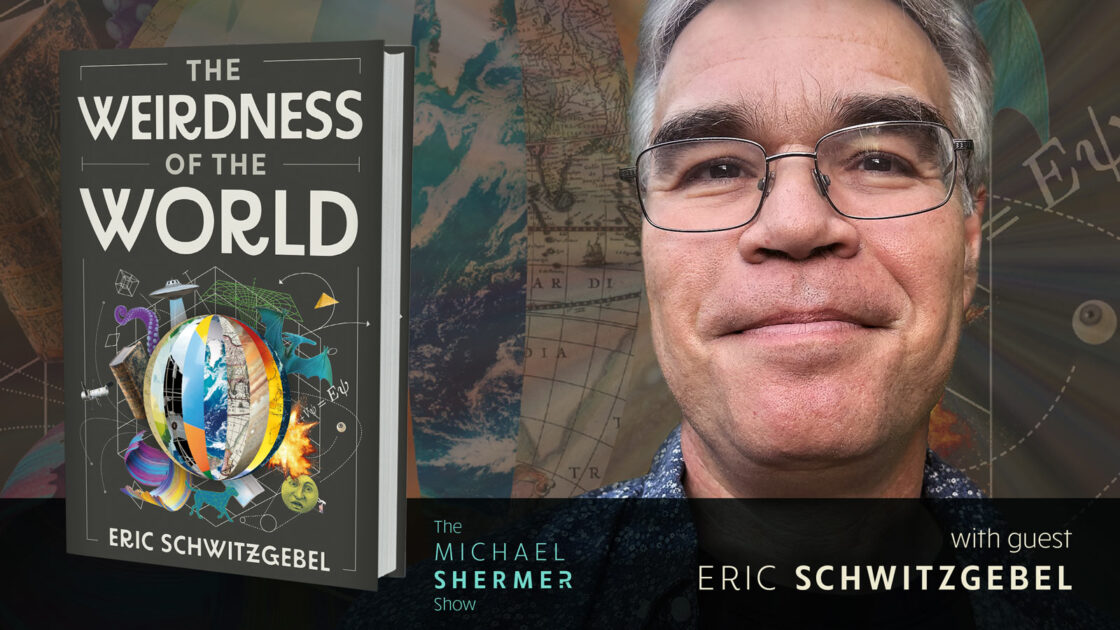
Shermer and Schwitzgebel discuss: bizarreness • skepticism • consciousness • virtual reality • AI, Turing Test, sentience, existential threat • idealism, materialism • ultimate nature of reality • solipsism • evidence for the existence of an external world • computer simulations hypothesis • mind-body problem • truths: external, internal, objective, subjective • mind-altering drugs • entropy • causality • infinity • immortality • multiverses • why there is something rather than nothing.

A conversation with Leah Goldstein on becoming a kickboxing world champion, ultra-endurance cyclist, and an elite commando combating terrorism. For this she was to be honored at the International Women’s Day event… until she was disinvited and canceled. This is her story.

Shermer and Jebara discuss: who wrote the Qur’an and why • translation and interpretation • Is the Muslim world stagnating? How does this book aim to help? • semitic mindset • Many Westerners believe that the Qur’an endorses violence, Jihad, and Sharia Law over secular laws and constitutions. What does it really say? • Has Islam had its Enlightenment? • Does Islam and the Muslim world need reforming? • women in Islam • what percentage of Muslims want Sharia Law, and where in the world?
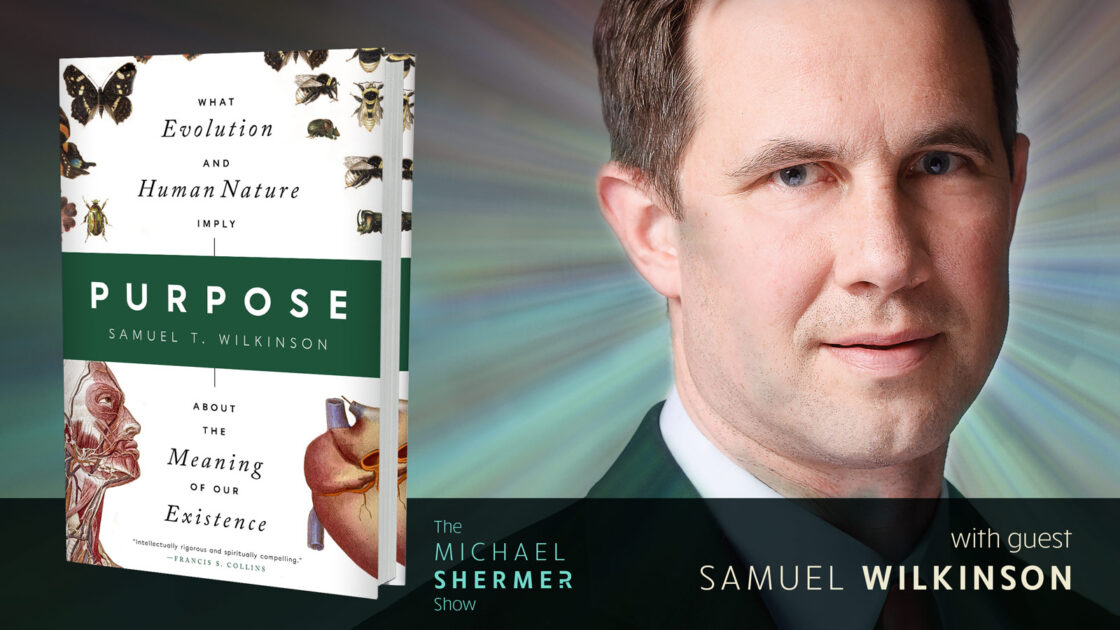
Shermer and Wilkinson discuss: • evolution: random chance or guided process? • selfishness and altruism • aggression and cooperation • inner demons and better angels • love and lust • free will and determinism • the good life and the good society • empirical truths, mythic truths, religious truths, pragmatic truths • Is there a cosmic courthouse where evil will be corrected in the next life? • theodicy and the problem of evil: Why do bad things happen to good…
← PREVIOUS
NEXT →




























